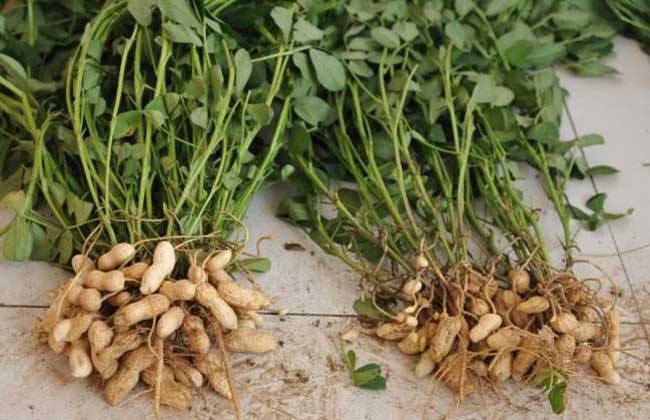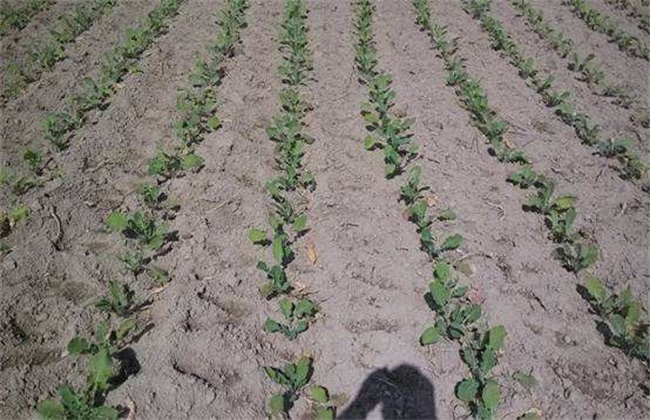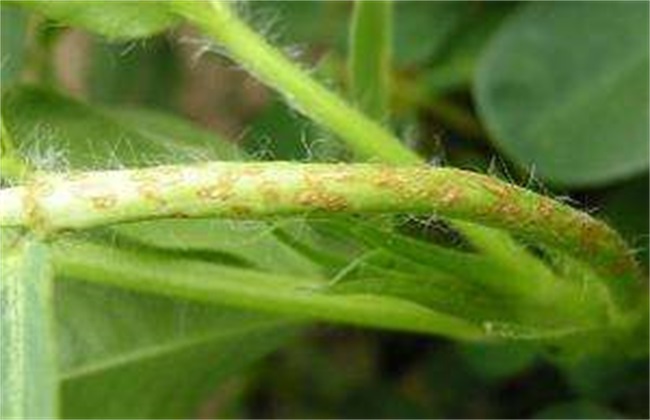How to plant peanuts with high yield
Peanut is a very popular food crop in our life, not only as a snack. It is also an important oil crop, and the market demand in our country is very large. Now the most important problem for everyone to grow peanuts is to increase the output of peanuts, which is closely related to their own economic benefits. So how do you plant it exactly? The following editor will give you a brief introduction, let's have a look!

1. Reasonable pruning
Pruning is one of the main measures to ensure the yield of peanuts. Friends who have experience in growing fruits should only come. Reasonable pruning can promote the emergence of new lateral branches and improve the rate of fruit setting. In fact, it can also be used when growing peanuts. When the peanut begins to appear, cut off the weak branches, diseased branches and non-flowering branches on the plant in time. According to the growth of the plant to do a good job of retaining branches, the strong ones retain about 4 branches, and the weak ones are reduced to 3 branches. In this way, it can not only prevent excessive nutrition consumption, concentrate nutrition on branches and pods, but also improve the number of branches and fruit rate of peanut and improve grain quality.
2. Cover needle to hit the top
After entering the flowering stage, peanuts will appear flower needles, which is an important part of peanut yield. Flower needles develop into pods after burying into the ground, so the more flower needles, the higher the yield. However, nearly half of the flower needles of peanuts cannot be buried on their own, so we should step on the rice seedlings properly, increase the amount of soil, and improve the fruit rate. Because the top growth ability of peanuts is very strong, about half a month after flowering, it is necessary to do a good job of topping, cut off the main stem and retain two left and right branches. Dwarfing peanut plants can improve branching and flowering trees, enhance photosynthesis and increase yield.
3. Supplement nutrition
Peanut has a great demand for nutrition in its growth, and calcium and phosphorus are naturally related to the amount of fruit. The lack of nutrients such as calcium and phosphorus will lead to the withering of peanut leaf buds, the decrease of pod setting and the decline of grain quality. Therefore, we must do a good job in the supplement of calcium and phosphorus in planting, and apply an appropriate amount of calcium superphosphate or foliar fertilizer in the fruiting period to meet the needs of peanuts for calcium and phosphorus. Then there is the supplement of trace elements such as molybdenum and boron. In the early flowering and growing period, we should do a good job in the supplement of trace elements, mixed with an appropriate amount of potassium dihydrogen phosphate and other chemicals, can effectively increase the yield.
4. Pest control
Diseases and insect pests are the main reasons for the reduction of peanut production. when planting peanuts, leaf spot disease, fruit rot and other diseases are easy to affect the flowering and fruiting of peanuts, resulting in a serious impact on peanut yield. Leaf spot will affect the photosynthesis of peanuts, resulting in insufficient accumulation of photosynthetic matter, and the quality of pods will also be affected. Therefore, we should do a good job in prevention, strengthen management and disinfect regularly. Then we should often observe the growth of peanuts, when abnormal conditions occur, we should check out the specific diseases in time, and then timely corresponding prevention and control.
The above is a brief introduction to how to plant peanuts with high yield. Management is very important if you want to increase production. Therefore, we must pay more attention. That's all for today's introduction. This article is for reference only. I hope it can help you all.
Related
- The first cup of black tea in spring, the flavor and history of tea gardens in Kenya, Africa
- The computer can not only choose potatoes, but also grow tea rice. AI will grow winter oolong tea champion.
- It is not only the inflated tea bitten by insects, but also engraved with the four seasons tea in Beipu.
- The Oriental Beauty Tea Festival in Zhuxian County takes the stage at the weekend to experience the plus-size feast of oil tea.
- & quot; Oriental Beauty Tea & Exploration of Emei in Hsinchu, the hometown of quot;
- The new variety of strawberry "Tainong 1" dessert is the first choice with mellow aroma. Crimson gorgeous
- History of Tea in Taiwan: from Wild Inner Mountain to Export Tea Garden
- Two types of Taiwan Oriental Beauty Black Tea won the British three-Star Award for Childhood Tea Xiang Zhang Jiaqi changed from pilot to champion tea maker.
- Banana species and varieties: the planting history of Taiwan Xianren banana and dwarf banana is long, is banana disease resistant?
- Coffee planting Technology: Qianjie Coffee from Seedling to harvesting



